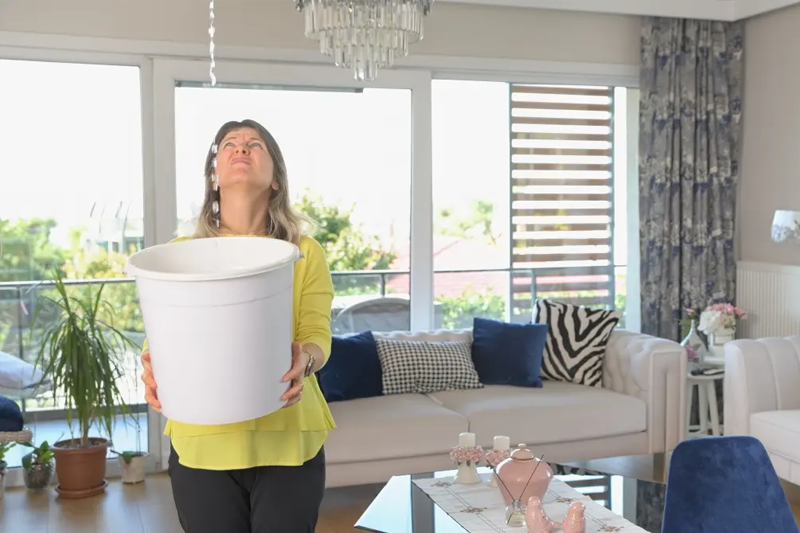
In recent years, many Britons over the age of 45 have unknowingly missed out on valuable insurance benefits. Whether due to lack of awareness or unclear paperwork, thousands of pounds in financial support go unclaimed every year.
We’ve put together a list of 9 payments you might still be entitled to — and how to find out in minutes if you qualify.
Many people over 45 have critical illness cover without realising it. It’s often included in older mortgage plans or workplace benefits. If you’ve been diagnosed with a serious condition — like cancer, stroke or heart disease — you could qualify for a tax-free payout, even if the diagnosis happened years ago.
Potential payout: £25,000–£50,000
These policies are designed to provide financial support during or after a health crisis, and the money can be used for anything — from household bills to medical treatment or paying off debt.
The problem? Many forget they had this cover or assume it no longer applies. If you’ve ever had a mortgage or employer benefits in the past 20 years, it’s worth checking.

Every year, millions of pounds from life insurance policies go unclaimed in the UK — often because families don’t even know a policy exists. If you or a loved one took out life cover years ago, the funds could still be available.
Potential payout: Up to £100,000
This is especially common among people over 45 who purchased policies in the 1990s or early 2000s and never updated their records. Outdated contact details, lost paperwork, or changes in family circumstances mean many beneficiaries are never notified.
Insurers are not always required to proactively track down relatives, which is why checking yourself is so important. A quick search can reveal if money is waiting in your name or someone close to you.

Funeral costs in the UK continue to rise, but many over-50s still don’t realise that affordable insurance plans can ease the financial burden on loved ones. These plans pay out a fixed amount when you pass away, helping cover funeral expenses without placing stress on your family.
Potential payout: £3,000–£10,000
What makes them popular among those aged 45+ is how easy they are to set up — most require no medical checks and offer guaranteed acceptance. Starting earlier often means locking in lower monthly premiums and maximising the final payout.
It’s a straightforward way to leave behind support and peace of mind — and many people are surprised at how affordable it can be.

If you’re over 45 and still working, an unexpected illness or injury could put serious pressure on your finances. That’s where Income Protection Insurance comes in — offering a monthly payout if you’re unable to work for health reasons.
Potential payout: Up to £2,000/month
Many people already have this cover through an old job or private policy and don’t realise they can still claim. It typically covers common conditions like back pain, joint issues, stress, or heart problems — and can continue to pay out for months or even years.
It’s one of the most underused forms of insurance, yet it can be a vital safety net during difficult times.

Your home is likely your biggest investment — but what happens to the mortgage if something serious happens to you? Mortgage Protection Insurance is designed to help pay off your remaining loan if you pass away or are diagnosed with a critical illness.
Potential payout: Up to £100,000 (depending on remaining balance)
What many people over 45 don’t realise is that they may already have this type of cover bundled with an older mortgage agreement. In many cases, the policy could clear your mortgage entirely, relieving your loved ones from financial worry.
It’s worth reviewing your records — the right protection could already be in place.

If you’ve paid out of pocket for private treatment — like joint surgery, cataracts or diagnostic scans — you might be owed money. Many people over 45 took out private health insurance at some point, but few realise they can still claim for treatments done in recent years.
Potential refund: Up to £5,000
Even if the procedure is complete, your policy may cover part or all of the cost — especially if it was never formally claimed. This includes treatments received at private clinics while being insured elsewhere.
It only takes a few minutes to check whether you could recover some of those costs.

Most people think the window for PPI claims closed in 2019 — but that’s not the full story. Due to recent legal rulings, some individuals may still qualify for compensation, especially in cases involving hidden commissions or unfair selling practices.
Potential refund: £1,500–£3,000
If you had a loan, credit card or mortgage before 2010, there’s a chance PPI was added without your knowledge. Even if you missed the original deadline, some claims are still being accepted under newer legal grounds.
If you're over 45 and borrowed during that period, it's worth checking — you could still be owed a significant refund.

Boilers break, pipes burst, and electrics fail — but what many homeowners over 45 don’t realise is that they may already be insured for these costly surprises. Home Emergency Cover is often included as an add-on in older buildings or contents insurance policies, sometimes without clear mention.
Potential cover: £1,000–£2,500 per incident
This type of insurance covers urgent repairs, sending qualified engineers to fix problems fast — and saving you hundreds or even thousands of pounds per callout.
A quick check of your existing policy or postcode can reveal if you’re already protected.

More and more over-45s rely on gadgets for everyday tasks — from NHS appointments to online banking. But when something breaks or gets lost, few realise their device might already be covered by an existing insurance policy.
Potential payout: Up to £1,500 per itemї
Gadget insurance often includes protection for accidental damage, loss or theft — and many people forget they ever signed up for it. Whether it was added to a bank account, a mobile plan, or bought separately years ago, your cover could still be active.
It only takes a few minutes to check — and the payout might surprise you.